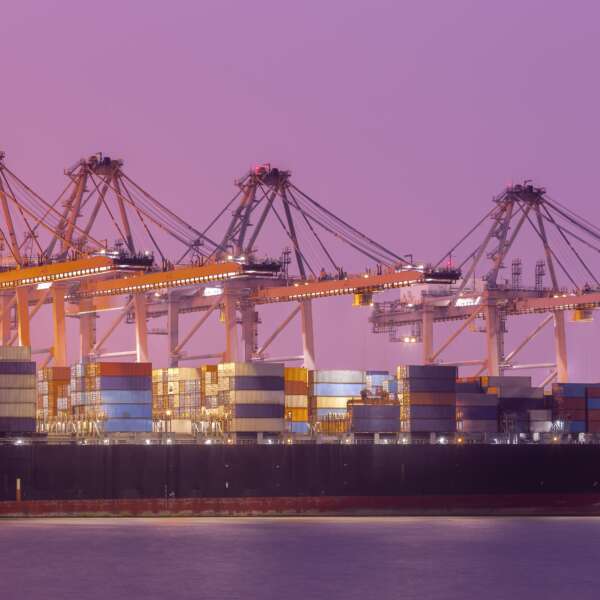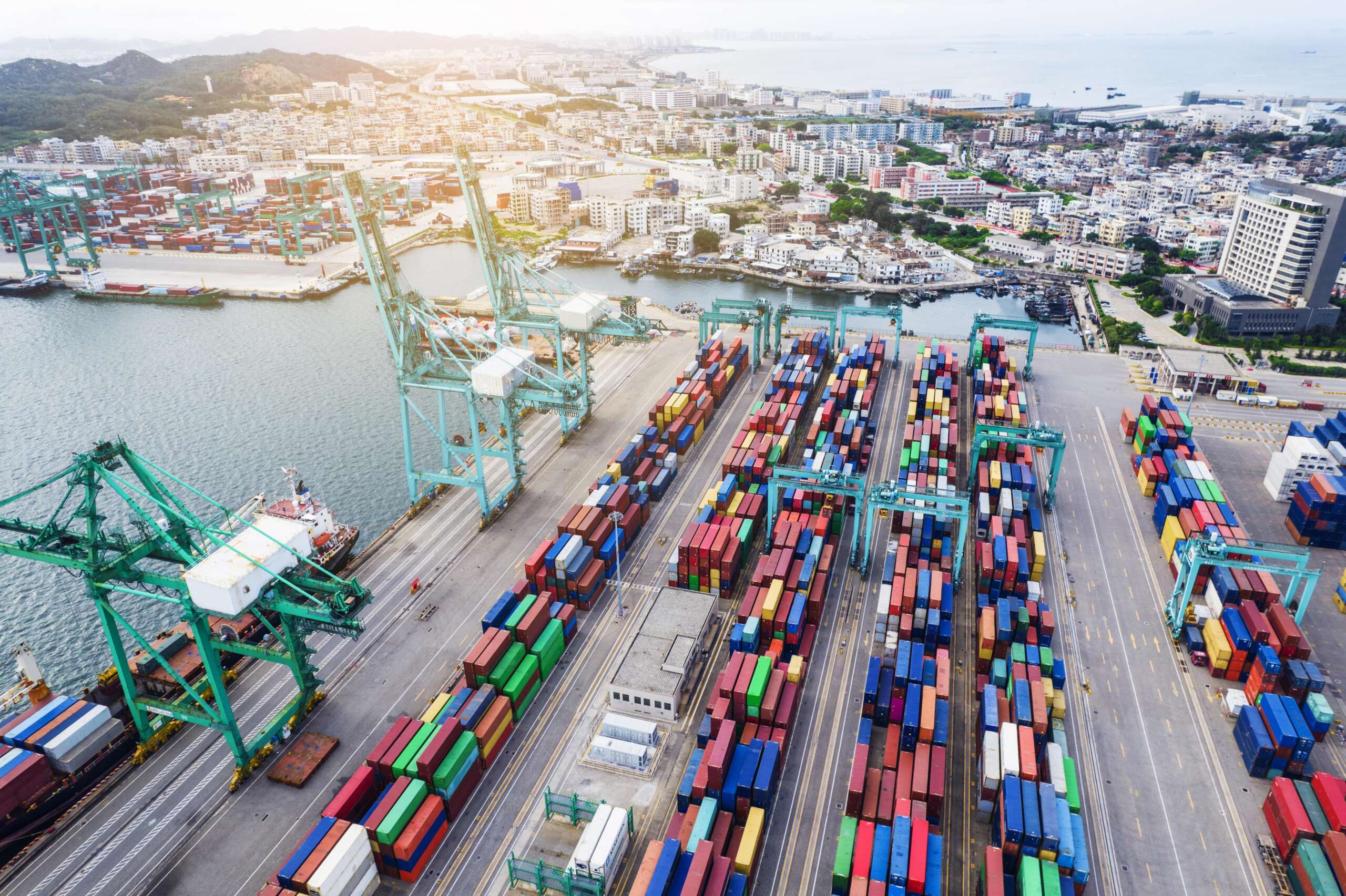Incoterms, which stand for International Commercial Terms, is a set of 11 rules issued by the International Chamber of Commerce aiming at reducing confusion between buyers and sellers in an international trade transaction.
What is an incoterm?
An incoterm represents a universal, widely accepted term that distributes responsibilities and obligations between two parties that has a significant impact on costs, risks, and tasks during the transportation of goods.
What are the main responsibilities and obligations?
Point of delivery: Where is the location that the shipment will change of hands from seller to buyer
Transportation costs: Who will pay for the transportation required to deliver the shipment
Export and import formalities: Which party will handle all the processes needed to import/export the shipment
Insurance cost: Who will take charge of the shipment’s insurance cost

An Overview of Incoterms® 2020
The Incoterms consist of a set of 11 individual rules that are updated every ten years. The most recent update is the Incoterms® 2020. The rules are grouped into two categories depending on the modes of transport.
Incoterms® 2020 rules for any mode(s) of transport are:
- EXW Ex Works (insert place of delivery)
- The seller will only be responsible for having the goods ready for pickup. Once the shipment is ready, the responsibility for cost and risk is transferred to the buyer.
- FCA Free Carrier (Insert named place of delivery)
- Under this term, the seller is responsible for the goods until the goods have arrived at an agreed-up location.
- CPT Carriage Paid to (insert place of destination)
- The term describes that the seller is responsible for export customs clearance and arranging shipment transport to the place of destination.
- CIP Carriage and Insurance Paid to (insert place of destination)
- The seller will be responsible for the freight and insurance costs of goods until arrival at the agreed location.
- DAP Delivered at Place (insert named place of destination)
- The seller is responsible for all the costs and responsibilities of the goods from origin to a named place of destination.
- DPU Delivered at Place Unloaded (insert of the place of destination)
- Describes where the seller is required to deliver the goods to the final destination
- DDP Delivered Duty Paid (insert place of destination)
- Under this term, the seller is responsible for all the clearance fees, taxes, and arranging all transportation to the destination.
Incoterms® 2020 rules for sea and inland waterway Transport are:
- FAS Free Alongside Ship (insert name of the port of loading)
- Seller is responsible to arrange the goods to be delivered to a designated port and next to a specific vessel
- FOB Free on Board (insert named port of loading)
- The term indicates whether the seller or buyer is responsible for the goods when they are damaged or destroyed during transportation.
- CFR Cost and Freight (insert named port of destination)
- Under this term, the seller is responsible for curling the goods for export, arranging delivery onboard to the ship at the port of departure, and any costs involved in the transportation of goods to the named port of destination.
- CIF Cost Insurance and Freight (insert named port of destination)
- The seller will be responsible for the costs of any loss or damage of the product or additional customs duties until the goods have been delivered to the buyer’s destination port.
Still unsure which Incoterms to use for your shipment?
Feel free to contact us and our logistical experts will be happy to assist you in choosing the best Incoterms for your shipment. With an international freight forwarder with a well-established logistical network, we are also capable of handling all the hassles associated with transporting your goods to the destination.



